The European Commission – the executive branch of the EU administration which is responsible for proposing bloc-wide legislation – has published the findings of its two-year study into creating a “carbon farming” framework for the EU.
The Commission said it is aiming to launch an EU carbon farming initiative by the end of the year, based on the study’s findings and additional input from EU-funded projects, in order to incentivize agriculture, forestry, and land management operations across the region to sequester carbon.
In the ‘Farm To Fork Strategy‘ announced as part of its European Green Deal last year, the EU stated that farming practices which “remove CO2 from the atmosphere contribute to the [EU’s] climate neutrality objective and should be rewarded, either via [EU policies] or other public or private initiatives [such as a] carbon market.”
It added that a “carbon farming initiative [will be set up] to promote this new business model, which provides farmers with a new source of income and helps other sectors to decarbonize the food chain.” Furthermore, the strategy tasked the Commission to “develop a regulatory framework for certifying carbon removals based on robust and transparent carbon accounting to monitor and verify [their] authenticity.”
Published this week, the report on the Commission’s study – titled ‘Setting up and implementing result-based carbon farming mechanisms in the EU‘ – is one of the first big steps that the supranational bloc is taking towards the creation of its own carbon credit system.
Explaining how it went about the study, the Commission said in its report that it had “explored key issues, challenges, trade-offs, and design options to develop carbon farming.”
Between 2018 and 2020, the study analyzed a range of extant climate-related, rewards-based programs throughout the EU in five categories:
- Agroforestry,
- Livestock farming,
- Maintenance and enhancement of organic carbon in grassland soils,
- Maintenance and enhancement of organic carbon in mineral soils, and
- Peatland restoration and rewetting.
The report concludes that “result-based carbon farming” can “contribute significantly” to the EU’s climate change mitigation efforts. In particular, it identifies carbon sequestration and storage as the main potential benefit of a more structured, EU-wide approach to carbon farming. Ecosystem preservation and increased biodiversity are highlighted as important potential co-benefits.
It suggests that pilot initiatives should now be developed at local, regional, national, or EU levels in order to hone the design of carbon farming programs and the certification of carbon removal and sequestration.
The carbon question: Making global carbon markets work for farmers – read more here
The Commission said that EU member states can begin implementing carbon farming practices in the context of the EU’s Common Agricultural Policy (CAP), which governs the distribution of subsidies and other funding programs throughout the bloc. This could be done via “eco-schemes” – essentially, a range of regenerative ag methods and practices which the EU is trying to incentivize farmers to adopt.
According to the Commission, these eco-schemes – including carbon farming practices – could offer as much as €58 billion in extra funding for EU farmers.
It’s holding a workshop on 25 May to help member states design their own carbon farming programs.
“Our climate action must first and foremost reduce human-made emissions. But we also need to restore and protect natural carbon sinks, so that we can capture CO2 from the atmosphere and store it in our soils and forests,” Frans Timmermans, European Commissioner and executive vice-president for the European Green Deal, said in a statement.
“Carbon farming offers new income opportunities for farmers. It is an example of how the new [CAP’s] eco-schemes and private funding can reward agricultural practices that help us fight the climate and biodiversity crises.”
Comment? News tip? Story idea? Email me at [email protected] or find me on LinkedIn and Twitter

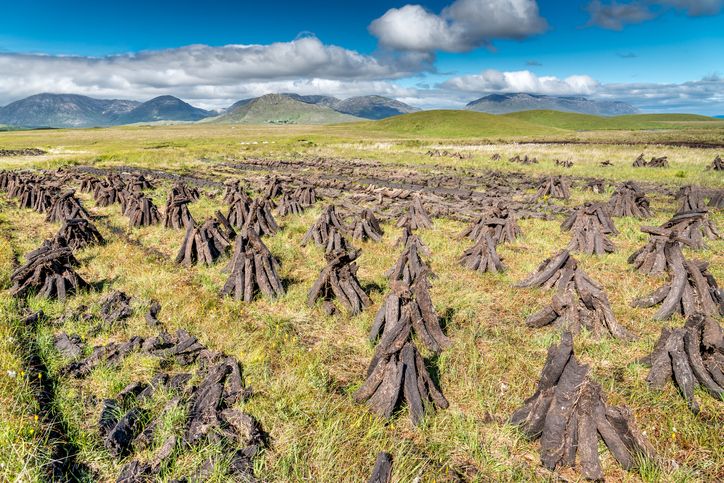

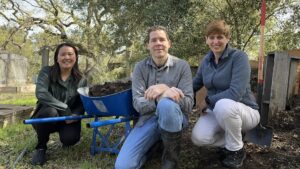
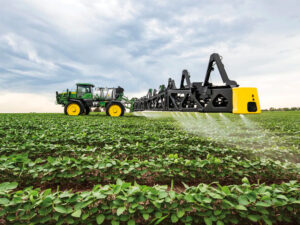


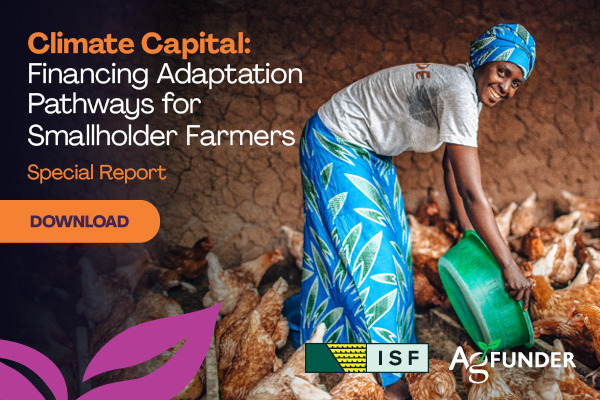
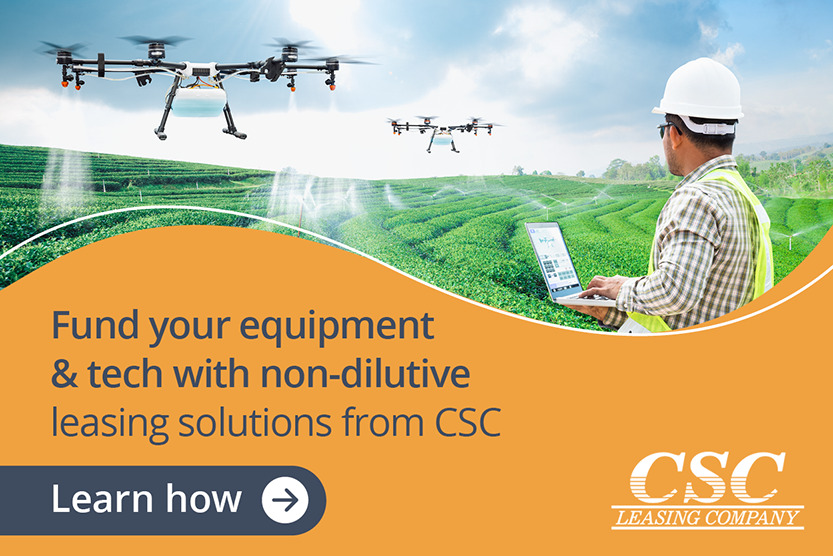


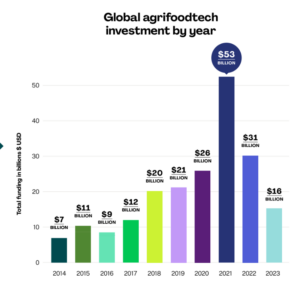
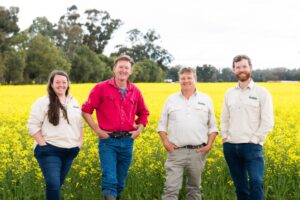


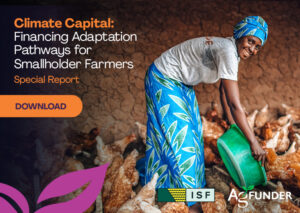

Sponsored
International Fresh Produce Association launches year 3 of its produce accelerator